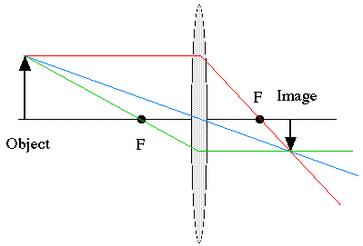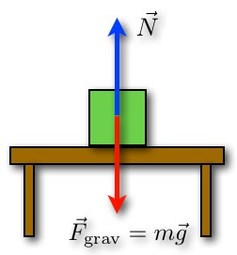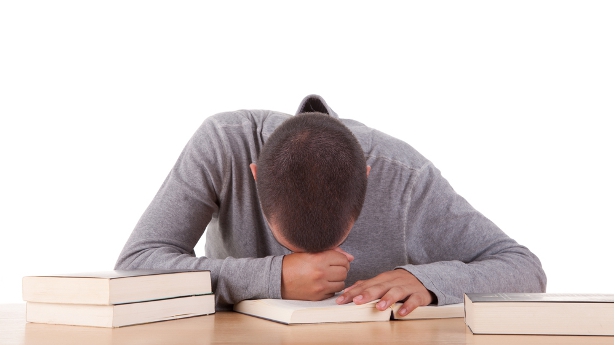|
You did your very best! You stayed focused and studied all year round. Now the summer has arrived. The longest holiday of the school year is finally here. A period when students everywhere quit hitting the books so hard and relax a bit, focusing on things that are not necessarily 100% academic. Now is the time for epic adventures, amazing experiences and finding the things that you love. What are your plans to to have a terrific time? If you are fishing around the internet, uncertain of what to do, here are some suggestions; things that you can do this summer to make it your best summer ever. Take a ferry to the islands. This can be an adventure especially if you're used to hopping on a plane to get to your destination. Travelling by boat might be an ancient way of getting around but feeling the fresh breeze on your face and taking in picturesque views of landscapes and seascapes can be thrilling and fascinating. The Caribbean region, being made up of many small islands strewn across the Caribbean sea, is the perfect place to experience journeys by sea. And, because the islands are in close proximity, it is common to find a ferry that can take you to a neighbouring island within the same state e.g. from St.Vincent to Bequia or to a different state e.g. from St.Lucia to Martinique. Sometimes boat companies even have sea cruises to a different location on the same island. Check with you sea Port Authority to find out what’s available in your country. Attend a summer camp. Summer camps come in a variety of flavours. There are day camps that accommodate you only during the days; you will be picked up typically about midday or at the the end of the day. Then there are those live-in camps where you spend a few days; as little as two to as much as seven days with a group of people. What ever the type, there is usually a main focus. This can be anything under the general themes Academics, Arts & Culture, Science & Technology and Sports. I've seen camps with a focus on dance, video production, sports and mobile apps development. Look for camps that provide activities that you are already enthusiastic about or that you’re willing to try. This way you will go all-in and enjoy it to the best because it was something you were already interest in. Recommended: Growing in popularity across the region is the Science, Technology Engineering and Math (STEM) Camps. While this might sound too academic and much like going to school, these programs provide an opportunity to explore topics in a really interactive way and in an environment that's not like your classroom. You may be inspired onto your career after participating in one of these. Give it a try. Get creative. Your mind is the most powerful tool in your body. We all have creative abilities. Find yours this summer and use it. Write a poem. Paint a picture. Draw a portrait. Make jewellery. Learn to sew or cook. Decorate your study area or room with easy Do It Yourself crafts ideas. Do whatever helps you to express who you are and what you love and then find a way to document it. The possibilities are endless. This tip is much more fun if you do it with someone else. So call a friend, a cousin, an aunt or uncle and get creative. Now, you have it. There are many options. Which ever ones you choose you’ll be on your way to creating some unforgettable memories very soon. Tell me what are you doing this summer?
0 Comments
People often say that physics is a very difficult subject and the reason they say this, is usually because, the questions at times seem almost impossible to solve, however this simply isn't true. This lack of confidence when faced with a challenging physics question is often simple a result of just not understanding the correct methodology of problem solving. I this post I will attempt to list all of the steps that I personally use when working with physics problems:
NB. The main algebra skills to brush up on are:
Once you internalise the seven steps I have outlined above I believe your physics nightmares will soon be over and that you can confidently approach any physics related question and maybe you can even apply some of these steps to help solve real world problems. This post was inspired by the following video by Art Wiggins about the Joy of Physics. How Do People Normally Study ?Let's be real with ourselves and admit that we have all been there at some point in our life when exams are silently and quickly approaching and you have a mountain of coursework to review and even learn for the first time. We tell ourselves its time to roll up our sleeves, buckle down and study; we open up our books and we try to passively read and memorise notes, theories and equations only to realise that we have re-read the same page about 10 times. What I want to share with you today are some Common Study Techniques To Avoid as explained by experts: Excerpted from “A Mind for Numbers: How to Excel in Math and Science, Even if You Flunked Algebra, by Barbara Oakley. Penguin, July 2014. Avoid these techniques—they can waste your time even while they fool you into thinking you’re learning!
Try out her free Coursera Course - Learning How to Learn: Powerful mental tools to help you master tough subjects. |
AuthorsKevin Small Archives
July 2016
Categories
All
Subscribe |








